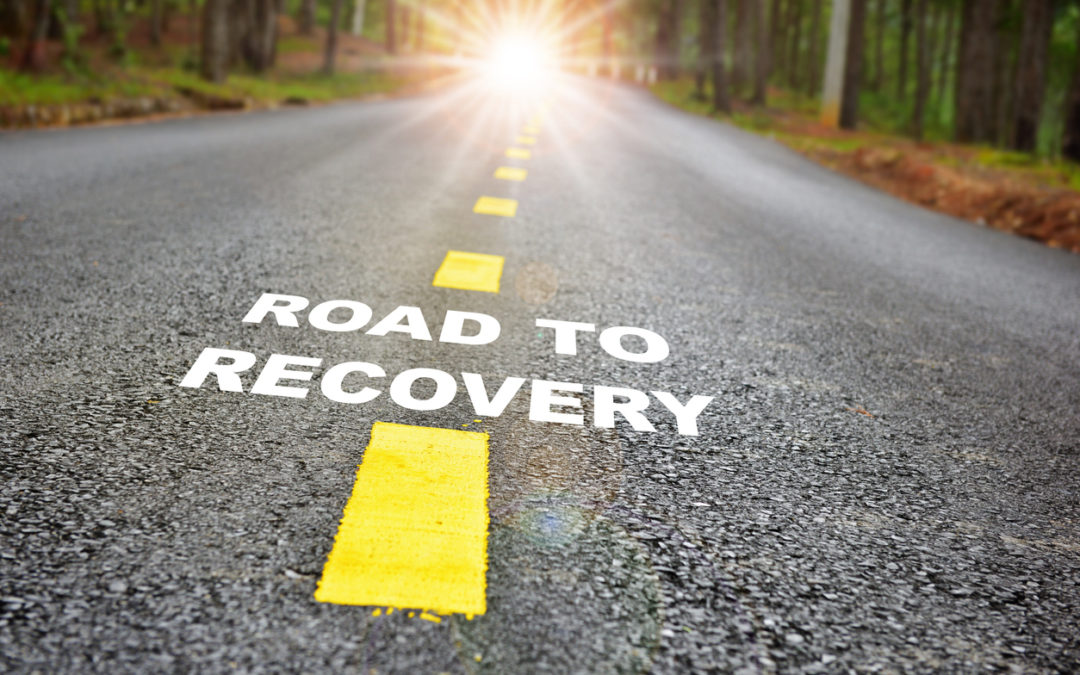The COVID-19 pandemic has taken an overwhelming toll on nurses. We’re exhausted and burned out and some of us are even suffering from PTSD. Once lauded as heroes on the frontlines, medical staffs are now feeling overworked and underappreciated. Some are even considering quitting their jobs in droves, which could create a secondary health crisis as hospitals struggle to handle a surging patient load with dwindling staff.
I know these feelings all too well because I’ve lived them. Nursing has been not only my career for the last 21 years, but it’s a part of my identity. I come from a family of nurses—my mother, aunt and cousins have all worked in the profession.
Since becoming a Certified Nursing Assistant (CNA) at 18, I’ve worked in almost every direct care setting: long-term care, home health, hospice, etc. Since earning my master’s in nursing education, I’ve also served as an adjunct professor for the Jersey College School of Nursing. I’m now working toward a doctorate in nursing practice.
It may sound trite, but nearly 20 years in conventional care, I had seen it all, and I was ready for a change. Five years ago, I made the switch to mental health and addiction treatment, becoming Director of Nursing at River Oaks Treatment Facility in Tampa, and it has not only completely rekindled my love for nursing and but also shed a new light on the need for more nurses in the addiction treatment field. Here’s why.
I get to be more creative
In conventional health care, treatments tend to be formulaic and routine—there’s a specific protocol for patients with high blood pressure or diabetes. But mental health patients don’t have protocols because every situation is truly unique. Every day brings a new challenge. While an inpatient rehab from a hip replacement might be a 60-day program where you can anticipate discharge and work toward a relatively routine care plan, mental health patients are much more fluid—you have to go at the pace the patient needs and adapt from there. The day may start off smoothly, and the next thing you know there’s a patient in crisis and three others trying to leave against medical advice, forcing you to think on your feet to quickly diffuse the situation.
It’s a more holistic care
Where acute treatment is focused on solving the specific problem at hand—an injury or chronic illness—addiction care involves treating the whole person: mind, body, and spirit. Patients often come to us with serious medical issues related to or caused by their substance use, in addition to mental health conditions that have contributed to their addiction. They need both medical care and tons of encouragement. Some 40% of positive patient outcomes in addiction treatment are attributed to the strengths the patient brings through the door when they arrive, so their success depends on them receiving positive reinforcement. We also have to consider the patient’s physical limitations, external support system, family dynamics, finances and more. It’s a complex situation, but it’s incredibly rewarding to provide that sense of hope, optimism and encouragement that literally changes someone’s life.
It’s not what most people expect
In previous jobs, each time I’ve moved to a new role, I’ve had an influx of former coworkers who follow. But with this one, they’re more reluctant, largely because of the stigma and lack of education about addiction and mental health. People expect substance use patients to be out of their minds on drugs, having seizures, being disruptive, rude and disrespectful, and that’s overwhelmingly not the case. Many come here genuinely wanting help and ready to make a change. A surprising number are public servants and health care workers themselves, including law enforcement officers, nurses, paramedics, and other professionals. They didn’t choose to become addicted to drugs—it began as a way to cope with severe mental or emotional trauma or as a result of prescribed narcotics to treat physical pain. The stigma and assumption that they’re bad people is just plain wrong.
I get to be an ally
Being a black woman, I know how it feels to be a minority, to feel ostracized and treated differently. And very often, mental health and addiction patients feel that way, too—they’re shunned, stigmatized, and made to feel “less than” because of their disease. My experience allows me to offer a bit more compassion and empathy to help them get well. Studies show that 45% of positive patient outcomes in addiction treatment are linked directly to empathy, acceptance, hope and a belief in themselves that they can overcome it. My goal every day is to be their ally, their advocate, to improve their outlook and to do everything I can to ensure they get the care they deserve. Being able to provide that hope and inspiration—that’s what I love about nursing, and I’ve found that sense of purpose here.
Are you ready for a change?
As part of the hiring process, I’ve talked to so many nurses lately whose number one complaint with their current job is that they’re tired of seeing people die from COVID. They’re also tired of the limited patient interaction and full PPE required for every encounter.
For anyone who’s ready to make a change, ready to get back to providing holistic, community-based care in a safer environment with more engaging patient interaction, I highly recommend making the switch to mental health and addiction treatment.
If you’re like me, nursing isn’t just a job, it’s a way of life. It’s who you are. And in this field, you can feel like yourself again.



